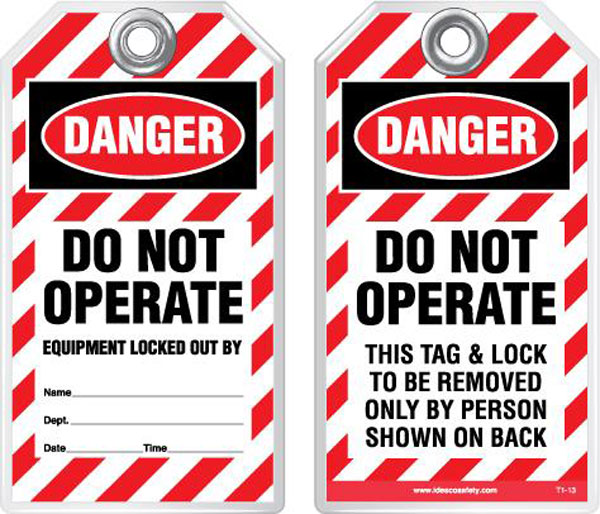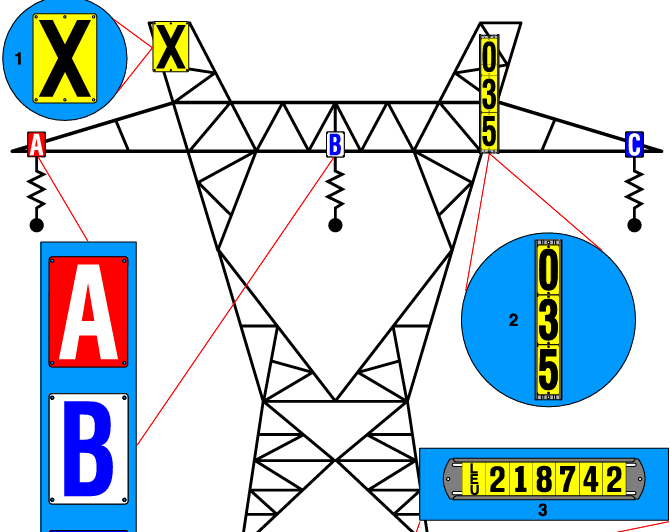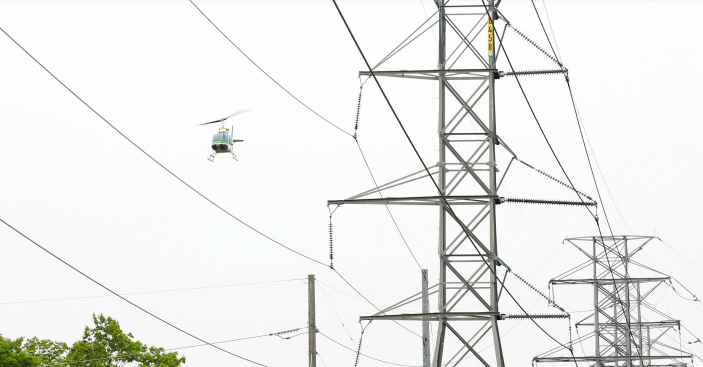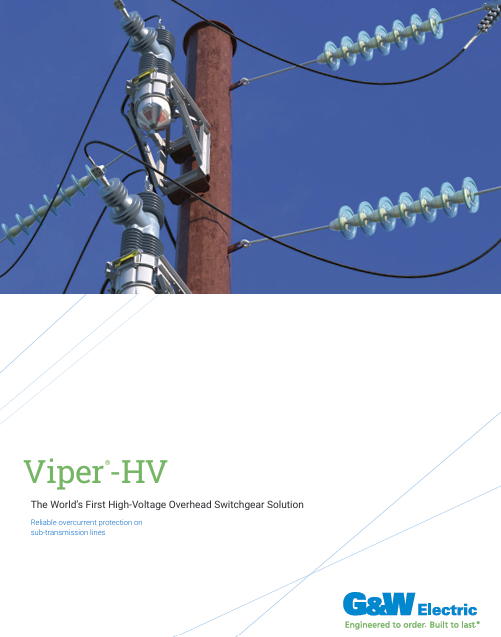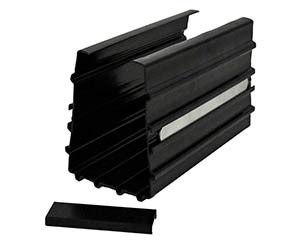Arc Flash PPE Clothing Explained
By R.W. Hurst, Editor
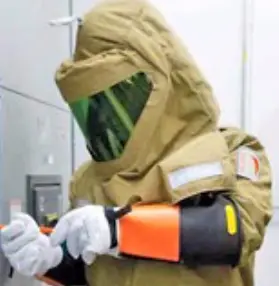
CSA Z462 Arc Flash Training - Electrical Safety Essentials
Our customized live online or in‑person group training can be delivered to your staff at your location.

- Live Online
- 6 hours Instructor-led
- Group Training Available
Download Our OSHA 3075 Fact Sheet – Understanding Electrical Hazards in the Workplace
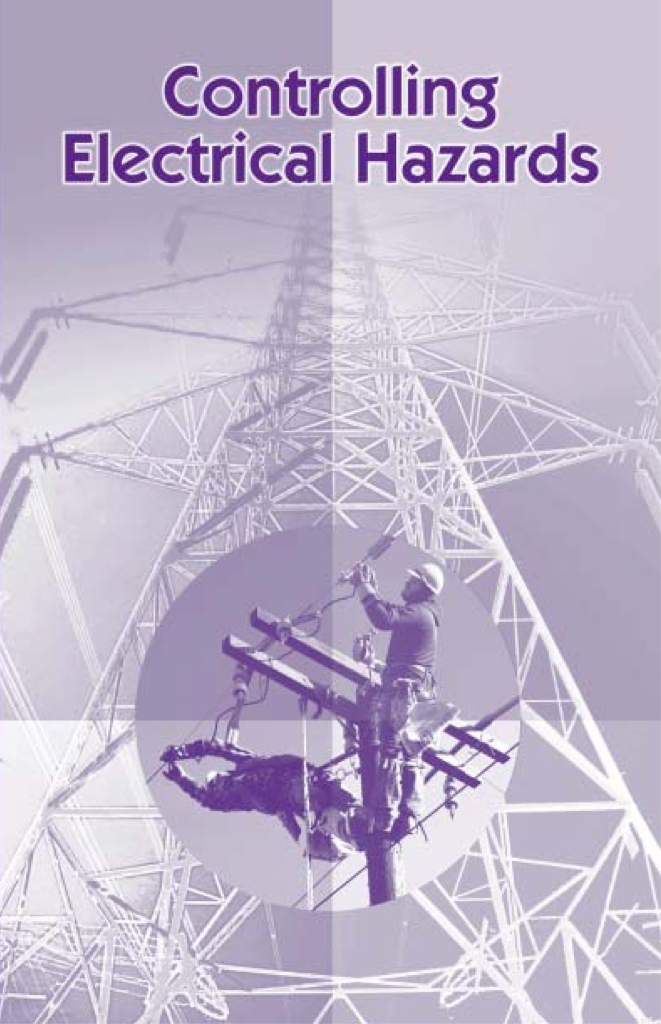
- Learn the effects of electric current on the human body
- Understand OSHA safety standards and protective devices
- Discover essential lockout/tagout and grounding practices
Arc flash PPE clothing provides workers with protective garments that shield them against electrical arc hazards. Arc-rated fabrics, insulated gear, and NFPA 70E compliance ensure safety, reduce burn risk, and meet the highest standards for workplace electrical safety.
What is Arc Flash PPE Clothing?
Arc flash PPE clothing refers to flame-resistant garments and protective gear designed to safeguard workers from arc flash (AF) events and electrical hazards.
✅ Provides flame-resistant protection against burns and heat energy
✅ Meets NFPA 70E, CSA Z462, and OSHA electrical safety standards
✅ Includes arc-rated shirts, pants, coveralls, gloves, and face shields
Request a Free Training Quotation
Arc flash PPE clothing is worn by electrical workers to protect them from injury and death. Electrical systems power industry, utilities, and critical infrastructure—but they also harbor the danger of electrical explosions. An AF is a violent electrical explosion caused when a low-impedance path allows high current to flow uncontrollably between conductors. These events release extreme heat, blinding light, and a blast pressure wave that can cause severe burns, shock, or fatalities. Workers who rely on arc flash PPE clothing must understand how it connects to the broader hazard, which is explained in detail in our arc flash overview.
Electrical workers rely on a multi-pronged safety approach that includes AF analysis, risk assessment, and the proper use of PPE clothing. This article examines the critical role of PPE, the various types of available clothing, and key factors to consider when selecting the right gear. When selecting protective garments, safety managers often reference NFPA 70E PPE requirements to ensure compliance and proper category selection.
Understanding the Threat: AF Hazards and Burn Injuries
The severity of an accident is shaped by several factors:
-
Available Fault Current: Higher current creates a more intense release of energy.
-
Arc Fault Current: The actual current during the arc, influenced by fault type and protective device clearing time.
-
Bolted Fault Clearing Time: Faster clearing reduces arc duration and incident energy.
-
Electrode Configuration: Phase-to-phase vs. phase-to-ground arrangements alter intensity.
-
Enclosure Type: Closed enclosures trap heat and pressure, making events more severe.
These factors determine incident energy, measured in calories per square centimetre (cal/cm²), which is used to specify PPE requirements. Engineers should use arc flash analysis and arc flash assessment resources to match PPE ratings with workplace hazards.
FREE EF Electrical Training Catalog
Download our FREE Electrical Training Catalog and explore a full range of expert-led electrical training courses.

- Live online and in-person courses available
- Real-time instruction with Q&A from industry experts
- Flexible scheduling for your convenience
Electrical burns are unlike typical burns; they occur at extremely high temperatures over very short durations, often causing deep tissue injury even with minimal surface damage. Blast waves can also cause blunt trauma and flying shrapnel injuries.
The Role of Arc Flash PPE Clothing: A Shield Against the Blast
Arc flash PPE forms the last line of defense between the worker and the hazard. Constructed from FR materials tested to standards such as ASTM F1506 and ASTM F1959, garments resist ignition, self-extinguish, and provide protection against thermal energy. While no PPE eliminates all risk, properly selected and maintained personal protective equipment (PPE) greatly reduces the severity of injuries. For high-risk tasks, a 40 cal arc flash suit offers maximum protection against intense incident energy.
Types of Arc Flash PPE Clothing
Arc flash PPE clothing comes in various configurations to suit different risk levels and work environments. Here's a breakdown of the typical components:
-
Coveralls: These one-piece garments offer comprehensive protection for the torso, arms, and legs. They are available in varying protective ratings and are often the primary form of protection.
-
Jackets and Pants: Two-piece jackets and pants combinations offer flexibility and can be used in conjunction with other FR clothing for targeted protection.
-
Hoodies: These hooded garments offer additional protection for the head and neck, particularly important in tasks where overhead hazards are present.
-
Balaclavas: These balaclavas protect the head, face, and neck, leaving only the eyes exposed. They are often used in conjunction with other PPE, like helmets, for maximum facial protection.
-
Gloves: Specially designed gloves provide hand protection from the intense heat of an explosion. Selection is based on dexterity needs and rating.
-
Face Shields: These shields protect the face and eyes from the intense light and potential flying debris associated with an explosion.
Selecting the Right Arc Flash PPE: A Closer Look at Ratings
PPE is rated in cal/cm². Ratings must exceed the calculated incident energy, with a safety margin for error. NFPA 70E allows PPE selection by incident energy analysis or the PPE Category tables—both require consistent application.
Common ratings include:
-
4 cal/cm² – Basic protection for low-risk tasks
-
8 cal/cm² – General maintenance protection
-
12 cal/cm² – Medium-risk environments
-
25 cal/cm² – High-risk tasks with higher fault currents
-
40 cal/cm²+ – Highest protection, extreme hazard zones
It's crucial to select PPE with a rating exceeding the anticipated incident energy at the work location. A safety factor is often incorporated, meaning the chosen PPE rating should be higher than the calculated incident energy to account for potential inaccuracies in the AF analysis or unforeseen circumstances.
What to Wear Under Arc Flash Clothing?
When working in environments where arc flash PPE clothing is required, what you wear underneath is just as important as the outer protective layers. Here are key considerations:
-
Non-Melting Fabrics: Always wear natural fibres such as cotton, wool, or silk under arc flash PPE clothing. Synthetic fabrics, such as polyester or nylon, can melt under high temperatures, causing severe burns.
-
Avoid Multiple Layers of PPE: While layering can increase protection, it's crucial to ensure that underlayers are also flame resistant (FR). Adding non-FR layers can compromise safety.
-
Fit and Comfort: Ensure that the undergarments fit comfortably without restricting movement. This helps maintain focus and efficiency in the work environment.
How to Verify Arc-Rated Clothing?
Verifying arc-rated clothing is critical to ensure it provides the necessary protection in an AF event. Follow these steps to verify arc-rated clothing:
-
Check Labels: Arc-rated clothing must have a label indicating its arc rating, typically measured in calories per square centimetre (cal/cm²). Common ratings include 8 cal/cm², 25 cal/cm², and up to 40 cal/cm² for higher protection.
-
Look for Standards Compliance: Ensure the clothing meets standards such as ASTM F1506 and NFPA. These standards guarantee that the clothing has been tested and certified for AF protection.
-
Inspect the Condition: Regularly inspect arc-rated clothing for signs of wear and tear, including holes, fraying, or fading. Damaged clothing may not provide adequate protection and should be replaced.
What are the Rules for Arc Flash Clothing?
Compliance with rules and best practices for arc flash PPE clothing ensures maximum safety in the work environment. Here are some essential rules:
Test Your Knowledge About Arc Flash!
Think you know Arc Flash? Take our quick, interactive quiz and test your knowledge in minutes.
- Instantly see your results and score
- Identify strengths and areas for improvement
- Challenge yourself on real-world electrical topics
-
Wear Appropriate PPE: Select PPE clothing with the appropriate arc rating for the task at hand. Higher-risk environments may require clothing with ratings up to 40 cal/cm².
-
Follow Layering Guidelines: When layering clothing, ensure each layer is arc-rated. This increases overall protection without compromising safety.
-
Proper Fit: Clothing should fit well to provide full coverage and mobility. Loose or tight clothing can reduce protection and increase the risk of injury.
-
Regular Maintenance: Follow manufacturer guidelines for laundering and maintenance. Improper care can degrade the flame-resistant properties of the clothing.
How Should Clothing be Stored?
Proper storage of clothing extends its life and ensures it remains effective. Here are guidelines for storing PPE clothing:
-
Clean and Dry: Always store clothing clean and dry. Moisture and contaminants can degrade the fabric, reducing its protective capabilities.
-
Avoid UV Exposure: Prolonged exposure to sunlight or UV light can weaken the fabric. Store clothing in a cool, dark place to maintain its integrity.
-
Dedicated Storage Area: Use a dedicated storage area, such as lockers or sealed containers, to protect clothing from physical damage and contamination.
-
Inspect Before Storage: Check for any damage or wear before storing your item. Repair or replace damaged items to ensure they provide adequate protection when needed.
Why is Arc Flash PPE Clothing Important?
The right clothing is crucial for protecting workers from the severe consequences of incidents. Events can produce temperatures hotter than the sun's surface, causing severe burns, injuries, or even fatalities. Properly rated and maintained arc flash PPE clothing provides a critical barrier against these extreme conditions.
Beyond Ratings: Additional Considerations for PPE Selection
While ratings are a primary factor, several other considerations influence PPE selection:
-
Work Environment: The specific work environment and tasks can significantly influence the choice of PPE. For instance, activities involving potential contact with water may necessitate moisture-resistant clothing.
-
Dexterity and Comfort: Clothing should offer a balance between protection and worker comfort. Tasks requiring dexterity may necessitate lighter-weight or more flexible garments.
-
Kit Assembly: Many workers utilize kits containing a combination of coveralls, gloves, balaclavas, face shields, and safety glasses. Kits ensure all necessary PPE components are readily available for a specific rating.
-
Compatibility with Other PPE: PPE should be compatible with other required safety gear, such as hard hats, respirators, or safety harnesses, to ensure a complete and unobstructed layer of protection.
Maintaining Arc Flash PPE for Optimal Performance
The effectiveness of PPE hinges on proper maintenance and inspection. Here are some key practices:
-
Regular Visual Inspection: Before each use, workers should visually inspect their PPE for any signs of damage, melting, or contamination. Damaged PPE should be removed from service and replaced.
-
Cleaning: Follow manufacturer's instructions for cleaning garments to maintain their flame-resistant properties. Improper cleaning methods can compromise the effectiveness of the PPE.
-
Storage: Store PPE in a cool, dry, and clean location away from direct sunlight, heat sources, and chemicals that could degrade the material.
-
Replacement: Arc flash PPE clothing has a limited lifespan.
-
Follow manufacturer's recommendations for replacement based on wear and tear, exposure to heat or chemicals, or after an electrical explosion.
Shielding Workers for a Safer Tomorrow
Arc flash PPE clothing remains essential for worker safety, but it must be integrated into a comprehensive safety program that encompasses all aspects of the workplace. NFPA 70E training, analysis, and safe work practices complement the use of PPE to build a culture of electrical safety. Workers unsure about categories should review arc flash clothing for guidance.
Related Articles:





